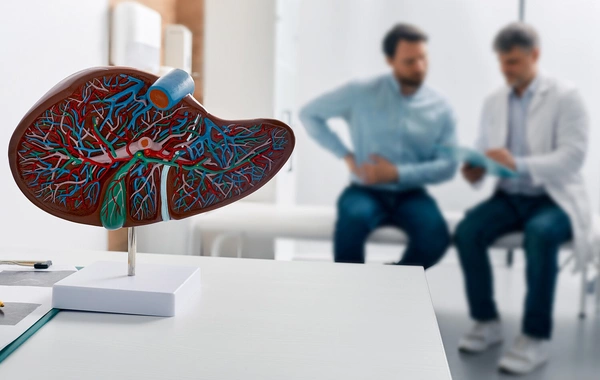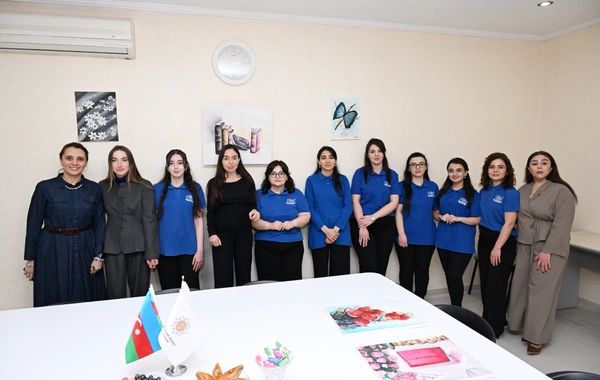What technologies are extending life right now

In recent years, technologies aimed at extending life and improving health have been developing at a rapid pace. Although radical life extension beyond natural limits has not yet been achieved, a number of modern developments are already helping people live longer and better quality lives.
This article examines key technologies and approaches that are used to combat aging and age-related diseases.
Regenerative medicine and stem cells.
Regenerative medicine aims to restore damaged tissues and organs. The company Celularity has shown that placental stem cells extend animal life by 30% through tissue regeneration. Research continues to adapt this approach for humans.
Senolytic therapy.
Senolytics are drugs that destroy aging cells that cause inflammation and degeneration. Unity Biotechnology is developing technologies to treat age-related diseases such as osteoarthritis, which improves quality of life.
Genetic engineering and DNA editing.
Gene therapy prevents age-related diseases. Harvard scientists used FGF21 and TGFβ1 genes to protect mice from heart failure and diabetes. Technologies such as CRISPR help eliminate mutations associated with aging.
Pharmacological developments.
A combination of lithium, trametinib, and rapamycin increased animal lifespan by 48%. Recent experiments with cancer drugs showed a 30% increase, with hope for human application.
Personalized medicine and artificial intelligence.
AI analyzes data for early diagnosis and personalized treatment. Technologies such as the da Vinci robot increase surgical precision, and startups use sensors for disease diagnosis.
3D bioprinting.
3D bioprinters reduce the cost of organ transplantation by creating tissues and organs. This can eliminate the shortage of donor organs and extend life.
Cryonics.
Cryonics allows tissues to be frozen in the hope of restoring them in the future. Improvement of cryoprotectants and thawing methods makes this technology promising.
Diet and lifestyle.
Calorie restriction and consumption of berries (especially cranberries) reduce the risk of death by 31% and increase life expectancy by 7-14 years by protecting against chronic diseases.
Prospects and challenges.
The market for anti-aging technologies will reach $610 billion by 2025. However, aging is not recognized as a disease, which limits research. Ethical issues and the need for clinical trials also slow progress.
Modern technologies such as gene therapy, senolytics, and AI are already improving quality of life. In the future, they may lead to radical life extension, making a long and healthy life a reality.
Similar News
An unexpected factor damaging liver health has been identified
Shift work and irregular eating patterns can disrupt liver function by throwing off its internal biological rhythms. This is the conclusion reached by scientist...




 Azərbaycanca
Azərbaycanca  По-русски
По-русски  English
English 






